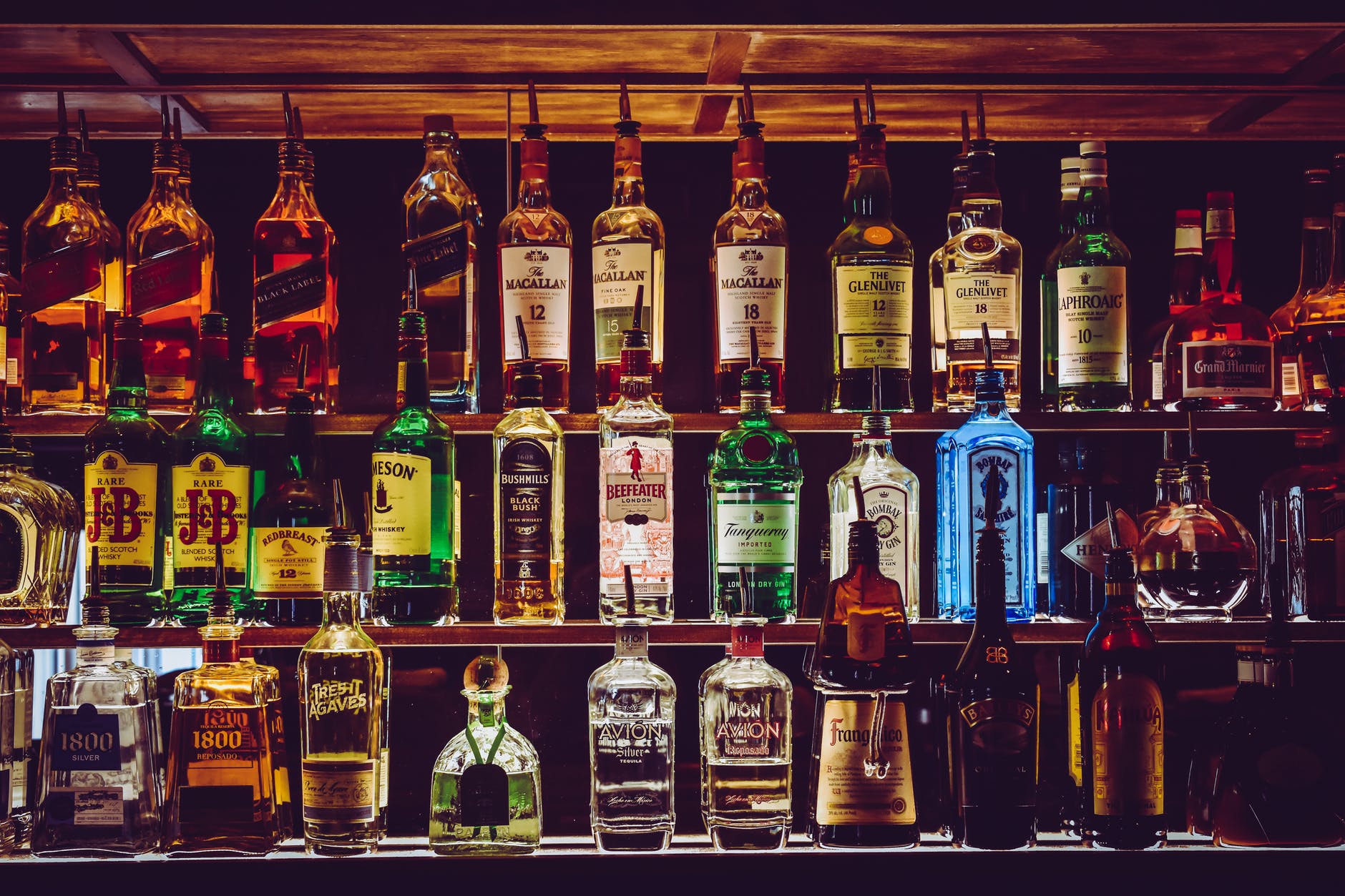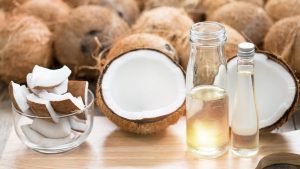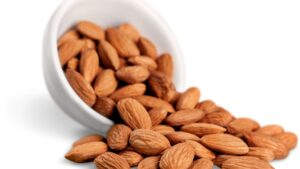NEW JERSEY – Researchers at Rutgers University have found that drinking too much alcohol could lead to a change in genes which may result in future alcohol addiction. The study associated chemical changes in two significant genes with heavy drinking in adults. Although the intensity of alcohol addiction is less than that of nicotine addiction, it is slightly more than cocaine. In the past, there had been numerous studies which explain the genetic relation of alcohol addiction. Now, this new study adds another thing to the list.
During the studies on mice, it was found that the mutated version of Per2 leads to biological cascade which results in a craving for alcohol. It is this gene which has been linked with alcohol addiction in teenage boys. Per involves in regulating circadian rhythms and certain brain functions hence it affects the working of the brain to make a person fall for alcohol.
Around 47 volunteers took part in the experiment on drinking behaviors. Along with Per2, another gene called stress-response protein called Hypothalamic proopiomelanocortin was analyzed in blood samples from the volunteers. Non-smokers with moderate or high beer drinking habits were made to stay in a hospital for three days and they were shown intense imagery designed to elevate their stress, neutral pictures, and alcohol-related scenes. After this ‘taste test’ for drinking beer was conducted which didn’t give any surprises.
In the session for checking beer drinking appetite, it was found that heavy drinkers required more amount of alcohol to work than the moderate consumers. The scientists explained it as genetic change which explains the methylation of Per2 and POMC genes. During this change, the code remains the same but its expression gets altered. This change takes place due to the methylation of genes which results to decreasing the expression. But there is no conclusive evidence as epigenetic changes can be brought about by environmental factors also.






Be First to Comment